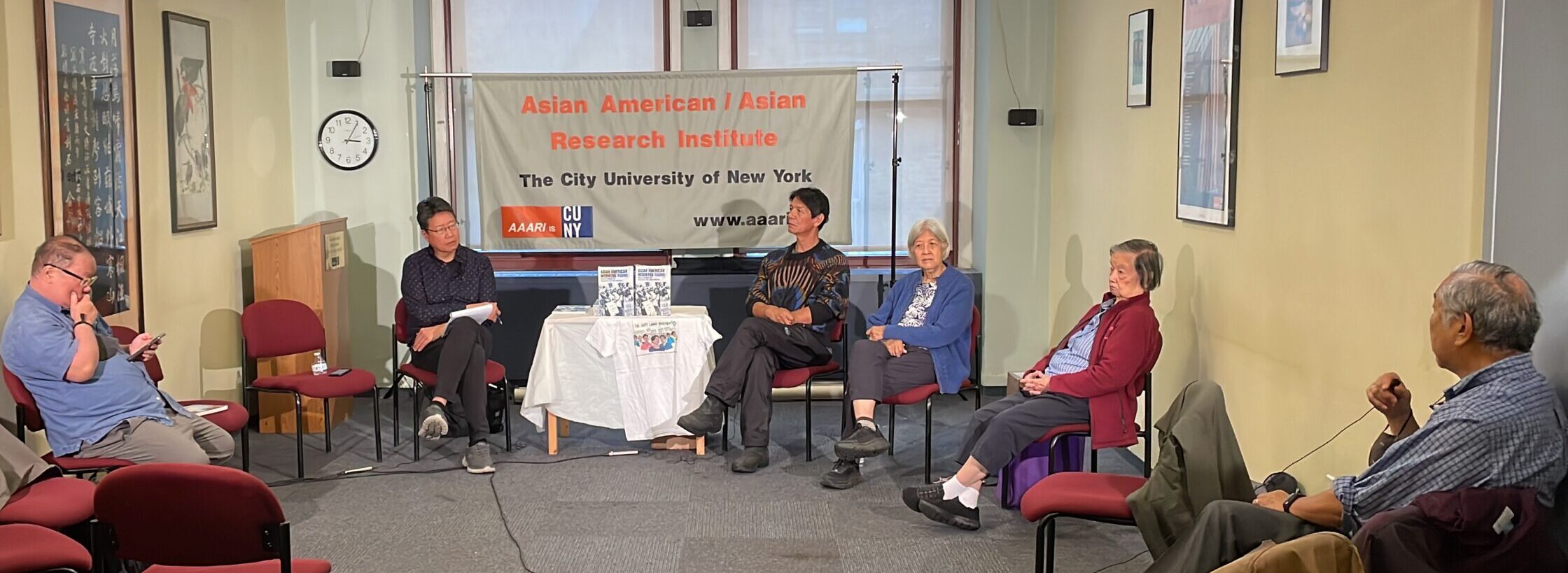Desire Paths & Han: Scholar Activism with NYC’s Immigrant Food Delivery Workers
In recent years, New York City’s food delivery workers, a largely Asian and Latina/o immigrant workforce, have struggled against being characterized and policed as public safety “problems” even as these same workers became essential but unprotected during the Covid-19 pandemic. To better unpack the temporality of desire paths of delivery workers, Prof. Do Jun Lee mobilizes han, an indigenous Korean word for the inherited and collective emotions of transgenerational trauma from systematic oppressions. As such, understanding how and why food delivery workers are simultaneously “essential” and a “problem” is to re-member the intertwined and complex histories of place, migrations, mobilities, labor, and governance, which opens up possibilities for redefining the “problem.”

